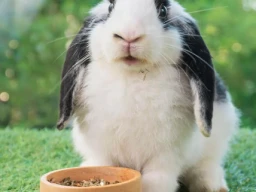
Buying Bunnies, Does and Donts
By providing proper housing, a balanced diet, mental and physical stimulation, and preventive veterinary care, you can help ensure that your rabbits live happy and healthy lives.
Read more
Unlocking the Mysteries of Animal Communication and Healing
One of the most remarkable aspects of animal communication is its ability to transcend language barriers.
Read more
Delightful Delicacies: A Guide to Puppy Treats and Milk
Opt for treats that are small in size and easy to chew, especially for younger puppies with developing teeth and jaws.
Read more
Catnip
It's recommended to offer catnip sparingly, typically a few times per week, to prevent habituation and maintain its effectiveness as a stimulant.
Read more
Dental care treats for your dog
Remember, these treats are not meant to replace regular brushing and professional dental cleanings, which are essential for your dog's oral health.
Read more
REPTILE CAGES
The materials that you use for the flooring of your cage should be disposable and inexpensive.
Read more
Transporting your dog
When transporting your dog, it's important to consider the safety and comfort of your pet.
Read more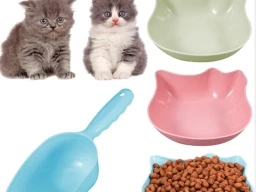
Bowl feeding kittens
Keep in mind the age and health of your kittens, as different feeding strategies may be appropriate for growing kittens versus adults.
Read more
Choosing the best type of bed for your cat depends on your cat's preferences
Choosing the best type of bed for your cat depends on your cat's preferences, age, health, and the overall environment.
Read more
Furballs/Hairballs the cause and how to cope
If you have concerns about your cat's health or if hairballs persist despite your efforts, it's essential to consult with your veterinarian for a thorough examination and personalized advice based on your cat's specific needs.
Read more
Why do you need an animal behaviourist and how do you go about finding the correct one.
Remember that animal behaviorists often work in collaboration with veterinarians to ensure a holistic approach to your pet's well-being.
Read more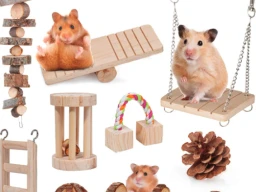
Treats and Activities for my Guinea Pig
Guinea pigs enjoy a variety of treats, but it's important to remember that treats should be given in moderation and as part of a balanced diet.
Read more
Buying Gerbils and all that is involved
By providing a suitable cage, a balanced diet, regular veterinary care, and opportunities for mental and physical stimulation, you'll be on your way to ensuring a happy and healthy life for your gerbils.
Read more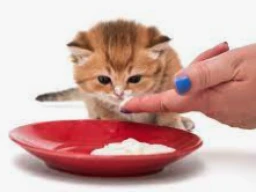
Weaning Cats off Milk, Substitutes, Timing, and Considerations
Successfully weaning kittens off milk involves gradual introduction of suitable substitutes such as kitten formula and wet kitten food, starting around 4-6 weeks of age.
Read more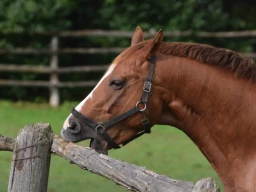
Horse Behaviourists
Overall, becoming a horse behaviourists requires a deep understanding of equine behaviour and welfare, as well as specialised training in behaviour modification techniques.
Read more
All about reptiles as pets.
Before acquiring a reptile, thoroughly research the specific species to ensure that you can meet its dietary, environmental, and healthcare needs.
Read more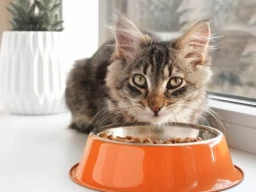
Veterinarian prescribed cat food, why?
Veterinarian-prescribed cat food, often referred to as prescription or therapeutic diets, serves specific nutritional purposes and is recommended for cats with various health conditions.
Read more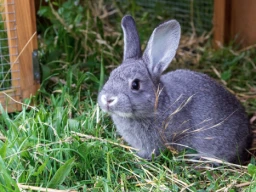
What is the Best Hutch for my Rabbit
An indoor rabbit still needs a hutch to feel safe and secure but, if this is not an option then make sure you create an area for beds & hideaways.
Read more
Capturing the Essence: The Art of Pet Photography
pet photography is more than just a hobby; it's an art form that allows us to celebrate the beauty and joy that our pets bring into our lives
Read more